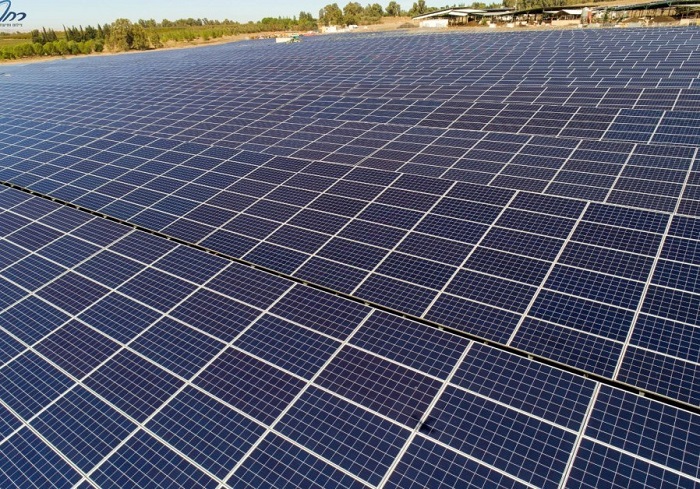The government of Togo has signed an agreement with the International Finance Corporation (IFC) to develop 90MW of solar power plants in the West African country.
The agreement falls under the World Bank’s Scaling Solar program which provides a set of services including technical assistance, insurance and guarantee instruments, fund mobilization, etc. The deal was signed in the presence of President Faure Gnassingbé and Sérgio Pimenta, Vice President of IFC.
Also Read:US $150m approved for Off-grid electrification project in the sub-region
Solar project
“We have talked of how IFC could support the development of Togo’s private sector. We are already active in the country with a portfolio estimated at US $325m. and we will open an office in Lomé to be closer to local businesses,” said Pimenta.
IFC will help finance electricity generation, transmission, and distribution upgrades in developing countries, with a particular focus on natural gas and renewable energy such as solar, wind, and hydropower. The company will also help to remove barriers to private sector investment in the power sector by identifying and developing new market opportunities and supporting new technology and business models with potential to scale.
World Bank’s Scaling Solar program
World Bank’s Scaling Solar program aims at rapidly (within two years at most) building big plants at a low cost. It recorded a rapid success in Zambia, before being expanded to Ethiopia, Madagascar and Senegal where it is currently underway.
Since March 2019, the government has been offering subsidies to Togolese households to cover the cost of off-grid solar power systems. This subsidy will cover the high upfront cost of the solar systems and aims to increase the adoption of solar home systems.
Last year, the UK based BBOXX won a tender to electrify 30,000 Togolese household and another company, Soleva signed a similar agreement with the Togo government. Under this program, the government will issue monthly vouchers to households operating a BBOXX or Soleva system to finance the system.
A total of 100,000 households are expected to have installed a solar kit in 2020 and 550,000 households by 2030. This is part of the country’s strategy to bring access to electricity to 8 million people by 2030. The country also plans to leverage financing mechanisms particularly the Public-Private Partnership (PPP).

Leave a Reply